Horace Mann Scientists will be learning about Life Science, Earth Science and Physical Science in their homeroom classes by utilizing the Next Generation Science Standards. Scientists will also have a Science Lab once a week where they will investigate the key concepts and skills they have learned with exciting hands-on experiences to provide a deeper understanding and appreciation for the world around them.
First Grade Units of Study: Space Systems - The Sun, Moon and Stars; How Animals and Plants Survive; Light and Sound.
Second Grade Units of Study: Interdependent Relations in Ecosystems (Plants/Animals); Structure and Properties of Matter; Earth's Systems: Processes that Shape the Earth.
Third Grade Units of Study: Inheritance and Variation of Traits; Interdependent Relations in Ecosystems; Weather and Climate; Forces and Interactions.
Fourth Grade Units of Study: Molecules to Organisms; Earth Systems/Changes; Energy; Waves and Information.
Fifth Grade Units of Study: Structure and Properties of Matter; Space Systems: Stars and the Solar System; Matter and Energy in Organisms and Ecosystems; and Earth Systems.
Physical Education offers all students a variety of athletic experiences, ranging from individual activities to team sports. Sportsmanship and participation are key components of our program.
ELEMENTARY SCHOOL STUDENTS’ DEVELOPMENTAL NEEDS
The elementary years are a time when students begin to develop their academic self-concept and feelings of competence and confidence as learners. They are beginning to develop decision-making, communication and life skills, as well as character values. It is also a time when students develop and acquire attitudes toward school, self, peers, social groups and family.
MEETING THE NEED
Elementary school counselors are educators uniquely trained in child development, learning strategies, self management and social skills, who understand and promote success for today’s diverse students. They implement a school counseling program to support students through this important developmental period. The program provides education, prevention and intervention activities, which are integrated into all aspects of children’s lives. The program teaches knowledge, attitudes and skills students need to acquire in academic, career and social/emotional development, which serve as the foundation for future success.
Elementary school counselors do not work in isolation; rather they are integral to the total educational program. They provide a proactive program that engages students and includes leadership, advocacy and collaboration with school staff, administration and community/family members in the delivery of programs and activities to help students achieve success. Elementary school counselors also collaborate with teachers and parents on early identification and intervention of children’s academic and social/emotional needs, which is essential in removing barriers to learning and developing skills and behaviors critical for academic achievement.
The work of elementary school counselors aligns with the school’s mission to support all students’ academic achievement as they prepare for the ever changing world of the 21st century. This alignment is accomplished through the design, development, implementation and evaluation of a school counseling program. The tools guiding this work are the ASCA Mindsets & Behaviors for Student Success, which address students’ academic, career and social/emotional development, and the ASCA National Model, with its data-informed, results based focus. Research demonstrating the effectiveness of school counseling programs continues to grow, and there is evidence of the positive impact these programs have on academic and social/ emotional development.
IMPLEMENTING A SCHOOL COUNSELING PROGRAM
Elementary school counselors define and focus the school counseling program based on the school’s academic, attendance and discipline data. Identifying student needs through this data and consulting with administrators directs the program development. Elementary school counselors balance their program by addressing students’ academic, career and social/emotional development in addition to balancing the delivery methods, recognizing that students learn in multiple ways. The end result of this work is reflected in improvement in academic, attendance and discipline outcomes related to academic development, college and career readiness and social/ emotional development. The ASCA National Model provides a flexible framework elementary school counselors use to develop a school counseling program designed to meet their students’ unique needs. The delivery of this program includes:
Direct student services including:
- instruction – teaching the school counseling curriculum to students focused through the lens of selected student standards from the ASCA Mindsets & Behaviors for Student Success.
- appraisal and advisement – assessing student abilities, interests and achievement to help them make decisions about their future.
- counseling – providing professional assistance and support to a student or small group of students during times of transition, heightened stress, critical change or other situations impeding student success. School counselors do not provide therapy or long-term counseling in schools. However, school counselors are prepared to recognize and respond to student mental health needs and assist students and families seeking resources.
Indirect student services including:
- consultation – share strategies supporting student achievement with parents, teachers, other educators and community organizations
- collaboration – work with other educators, parents and the community to support student achievement
- referrals – support for students and families to school or community resources for additional assistance and information.
RESEARCH ON THE EFFECTIVENESS OF SCHOOL COUNSELING
Numerous studies demonstrate the value of school counseling for students in the domains of academic development, college and career readiness and social/ emotional development. Results of research about the effectiveness of school counseling can be found at schoolcounselor.org/effectiveness.
THE ASCA NATIONAL MODEL: A FRAMEWORK FOR SCHOOL COUNSELING
For more information about school counseling programs based on the ASCA National Model, go to schoolcounselor.org/ascanationalmodel. (Revised, 2019)
TK-K students meet weekly and engage through physical practice capturing movements that combine Pilates & Yoga. Moments of mindfulness and stillness allow the children to experience a mind-body connection while they engage in a non-competitive, stress-free environment. It helps all participants achieve a calm and balanced mind while building a strong and flexible body.



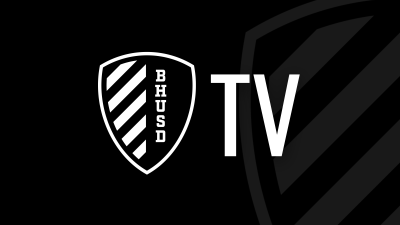
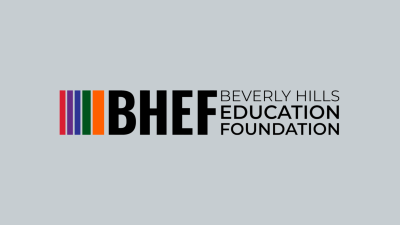
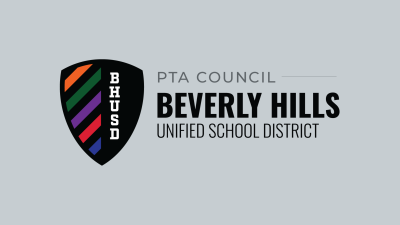
.png?command_1=resize&width_1=400)
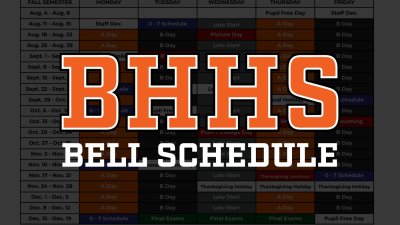
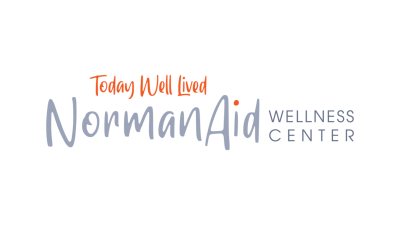
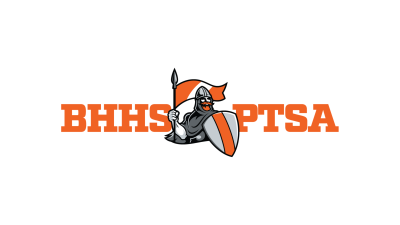
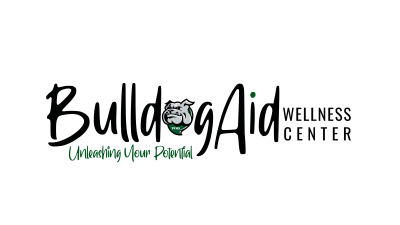
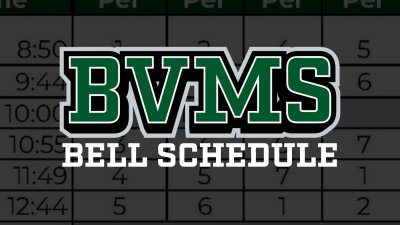
.png?command_1=resize&width_1=400)
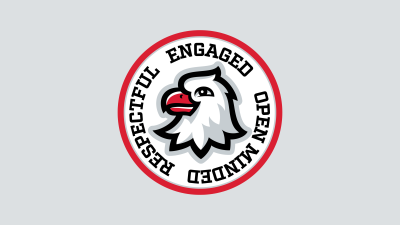
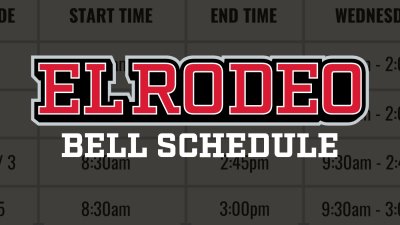
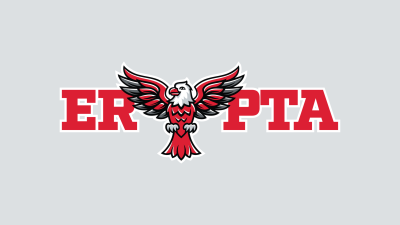
.png?command_1=resize&width_1=400)
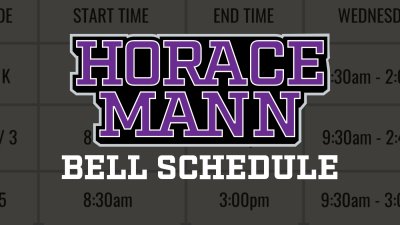
.png?command_1=resize&width_1=400)
